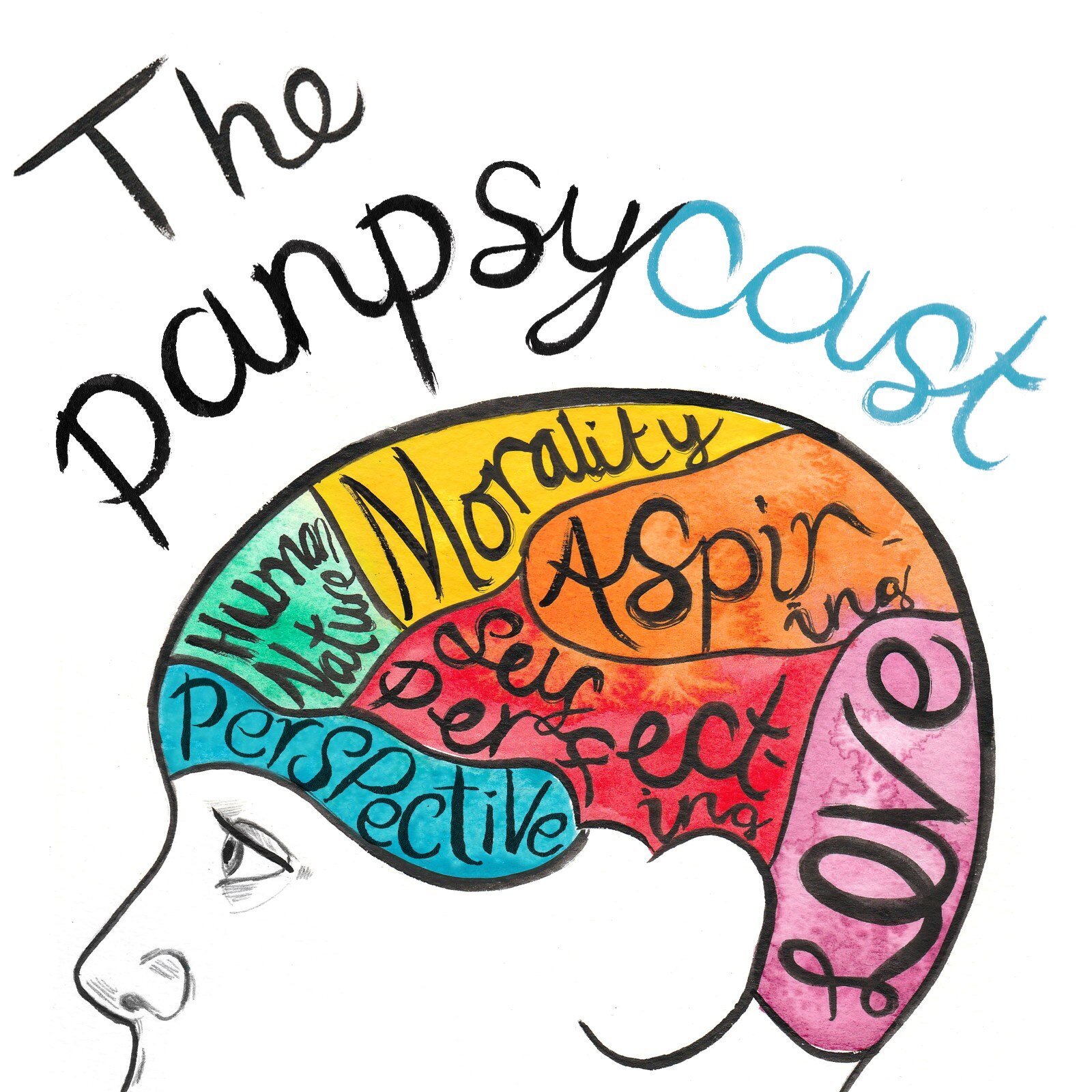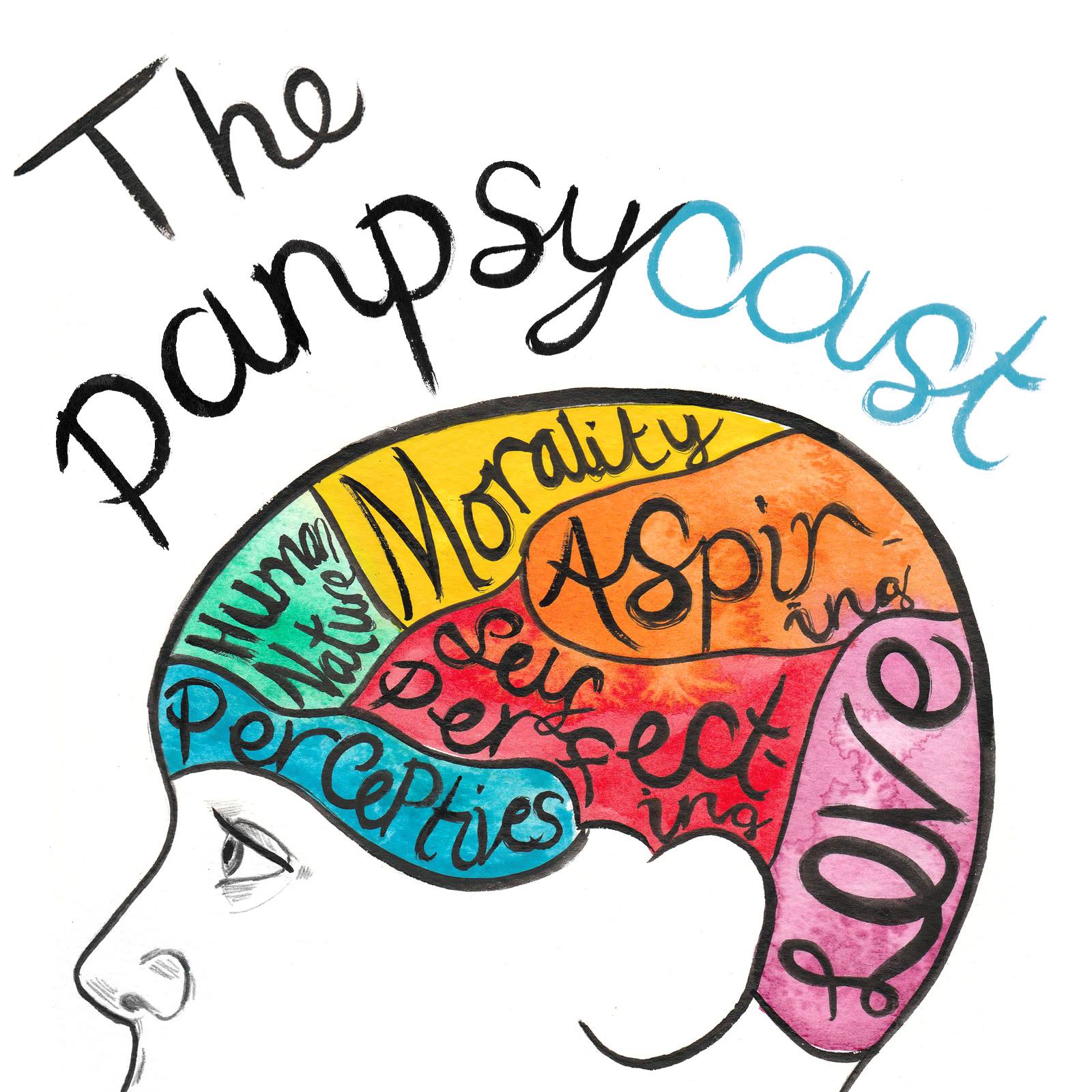Welcome to ‘Episode 118 (Part IV of IV)’, where we’ll be outlining and evaluating existential approaches to romantic love.
I was told not to think too much about love. Obsess over it, let it dye the very fabric of my being: but do not think about it. Why, after all, would I want to overanalyse the magic and mystery? Would this not reduce a storybook to words and pages?
I was told that I was incomplete and was to search for another who would make me whole. This search, I was promised, would lead me to a partner I would love and be happy with forever. And are love and happiness not required for a good life?
Yet, these demands, these stories, and these questions feel restrictive and misleading. Why must I not think about what you say is so important? Why must I believe a story I have seen end in tears countless time?
It is time we started taking control of love rather than letting love control us. There is no one size fits all approach given to us by nature: not everyone finds ‘the one’, not everyone wants to find the one, and not all relationships need to last.
Imagine the lives we could craft if we loved proactively, with honesty and freedom. If we all did this together, we could choose what we wanted and not be pressured into what we’ve been told is good. And given the importance of love, is this not worth a try, even if the magic fades?
The file size is large, please be patient whilst the podcast buffers/downloads/attempts to flourishContents
Part I. Happily Ever After
Part II. What Love Is
Part III. Sad Love
Part IV. Further Analysis and Discussion



